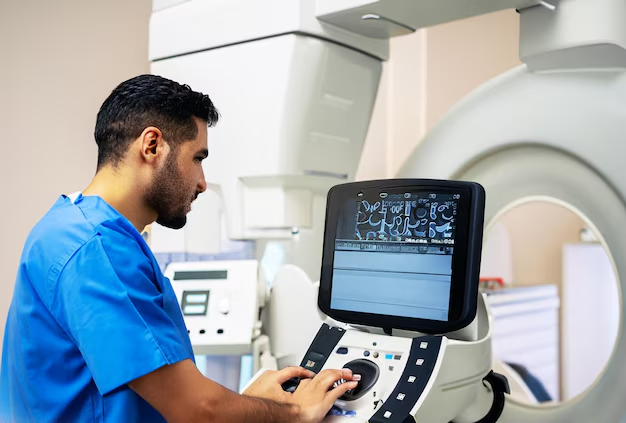How to Become a CT Technician: Degrees, Certifications, and Licenses
Embarking on a career as a CT (Computed Tomography) Technician presents an exciting opportunity to work in the dynamic field of healthcare imaging. Aspiring CT Technicians should begin their journey with a solid educational foundation, typically requiring an associate degree in radiologic technology or a related field. This education not only equips you with essential knowledge but also prepares you for the technical skills needed in this specialized role. Most employers further expect candidates to hold certification from the American Registry of Radiologic Technologists (ARRT), a testament to a technician's expertise and dedication to quality patient care.
In addition to an associate degree and certifications, many states mandate a specific license to practice as a CT Technician. Obtaining the necessary licenses reflects compliance with state regulations and enhances your employability. It's also recommended to pursue ongoing education to stay abreast of technological advancements and to renew certifications. Emphasizing the importance of education and certification helps ensure that CT Technicians are well-prepared to contribute meaningfully to the healthcare sector.
Relevant Educational Pathways and Certifications
- 🎓 Associate Degree in Radiologic Technology
- 📜 ARRT Certification in Radiography
- 📜 ARRT Certification in Computed Tomography (CT)
- 🛡️ State Licensure (varies by state)
- 🔄 Continuing Education for Certification Renewal
